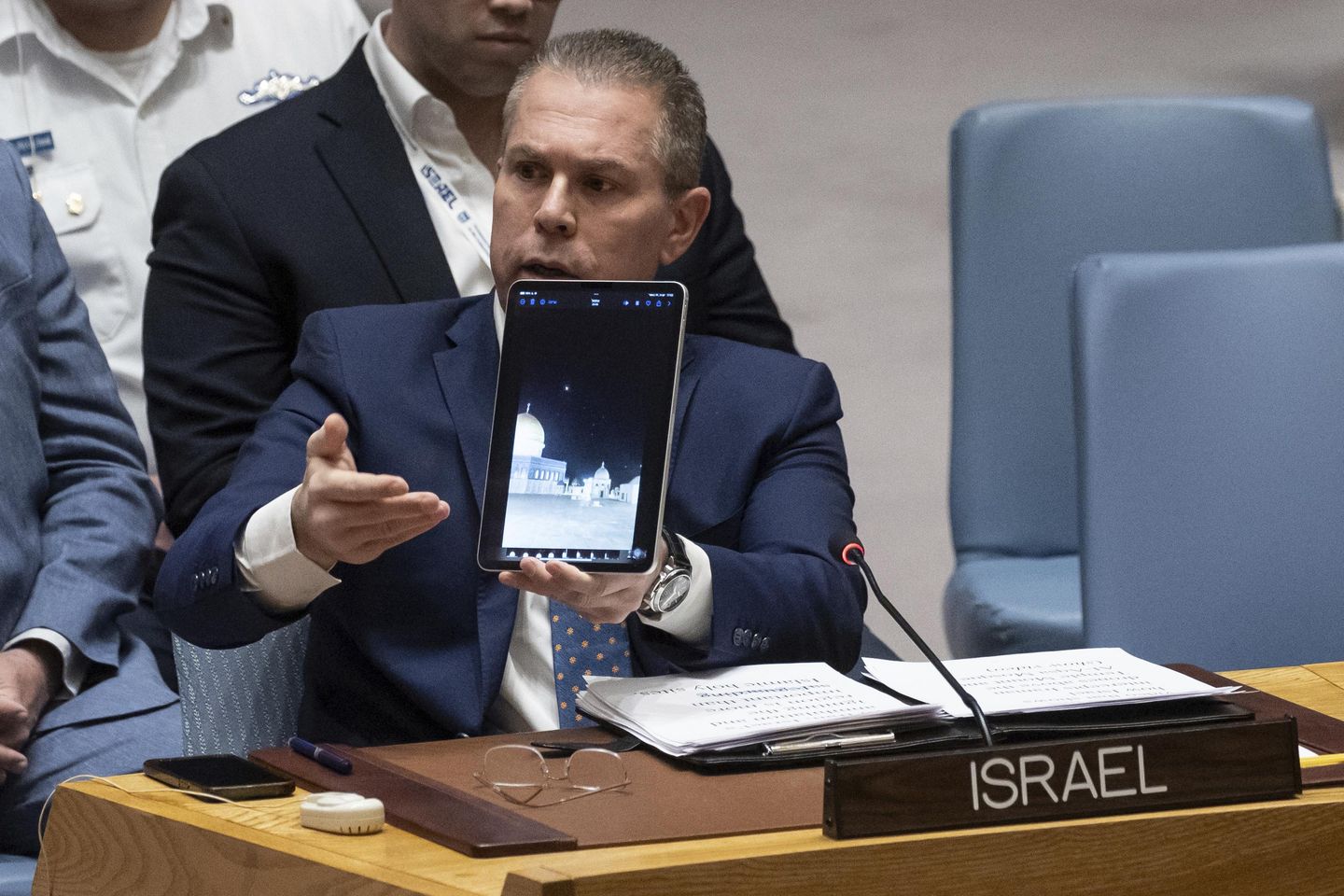The United Nations Security Council held an emergency meeting on Sunday in response to Iran’s attack on Israel. The meeting was convened to address the escalating tensions between the two countries and to discuss potential actions that the Security Council could take in response to the attack. However, despite the seriousness of the situation, the meeting ended without any concrete action being taken by the council.
During the meeting, representatives from various member states expressed their concerns about the situation and called for a peaceful resolution to the conflict. Many countries condemned Iran’s attack on Israel and called for an end to the violence. However, there was no consensus among the Security Council members on what steps should be taken to address the situation. Some members called for sanctions against Iran, while others advocated for diplomatic solutions.
The lack of action by the Security Council highlights the challenges of addressing conflicts between countries within the framework of the United Nations. The Security Council is responsible for maintaining international peace and security, but its effectiveness is limited by the competing interests and priorities of its member states. In this case, the Security Council was unable to reach a consensus on how to respond to Iran’s attack on Israel, leaving the situation unresolved.
The meeting also underscored the complex dynamics of the Middle East region, where longstanding tensions and conflicts continue to fuel violence and instability. The attack by Iran on Israel is just the latest in a series of incidents that have heightened tensions in the region and raised concerns about the potential for further escalation. The Security Council’s failure to take action in response to the attack reflects the challenges of addressing these complex and volatile situations.
Moving forward, it will be important for the international community to continue to engage with all parties involved in the conflict and to work towards a peaceful resolution. Diplomatic efforts will be crucial in de-escalating tensions and preventing further violence. The United Nations, as a key international organization, will play a central role in facilitating dialogue and negotiations between Iran and Israel, as well as other countries in the region. Ultimately, a diplomatic solution that addresses the root causes of the conflict will be essential in achieving lasting peace and stability in the Middle East.









